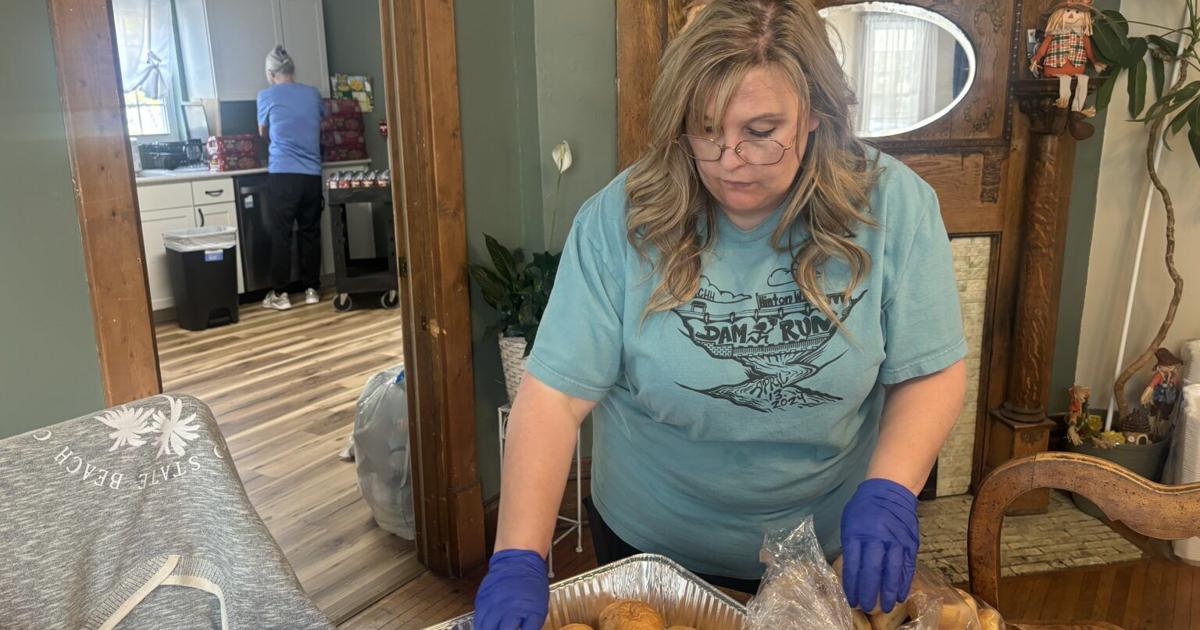Delayed SNAP Benefits Exacerbate Child Hunger in West Virginia, Communities Come Together to Support Kids


Local Initiative Addresses Food Insecurity Amid Federal Benefits Delays
HINTON, W.Va. — In response to the urgent food security needs of families in West Virginia, the Reachh Family Resource Center in Hinton has launched a meal train initiative aimed at providing hot dinners to those affected by recent disruptions in federal assistance.
On a recent Monday afternoon, volunteers from the organization worked diligently to prepare and package meals consisting of beanie weenies, mashed potatoes, corn, and rolls. The meals were carefully placed in white Styrofoam containers, designed to conceal the source of the food, thereby fostering a sense of normalcy for the more than 60 children who would benefit from this program on that particular evening.
The catalyst for this initiative was a significant delay in the disbursement of Supplemental Nutrition Assistance Program (SNAP) benefits, which left thousands of West Virginians struggling to secure sufficient food for their families. Histories of economic challenges in the region have heightened the vulnerability of many residents, making access to affordable and nutritious meals a pressing concern.
Established in 2019, Reachh Family Resource Center has become an invaluable community resource, addressing various social needs including food insecurity, educational support, and mental health assistance. The organization’s recent meal train effort embodies a proactive approach to mitigating the adverse effects of the federal government’s decisions on local residents.
According to Cynthia Dyer, the director of Reachh, the mission of the resource center transcends mere food distribution. “We believe everyone deserves access to a nutritious meal, regardless of their circumstances. The communal nature of sharing food, especially with children, fosters connection and hope,” she noted.
The local response to the initiative has been overwhelmingly positive, with community members stepping up to either volunteer their time or contribute donations. This palpable sense of solidarity underscores the resource center’s role in bridging the gap in essential services during challenging times.
As communities across America grapple with shifting economic landscapes, initiatives like Reachh’s meal train serve as essential lifelines, reminding us of the importance of local action in addressing hunger and building resilience in vulnerable populations. By addressing immediate needs while also advocating for long-term solutions, organizations like Reachh show the critical role of community engagement in combating food insecurity.
Through this effort, the Reachh Family Resource Center not only provides sustenance but also strengthens bonds within the community, highlighting the enduring human spirit amidst adversity.





